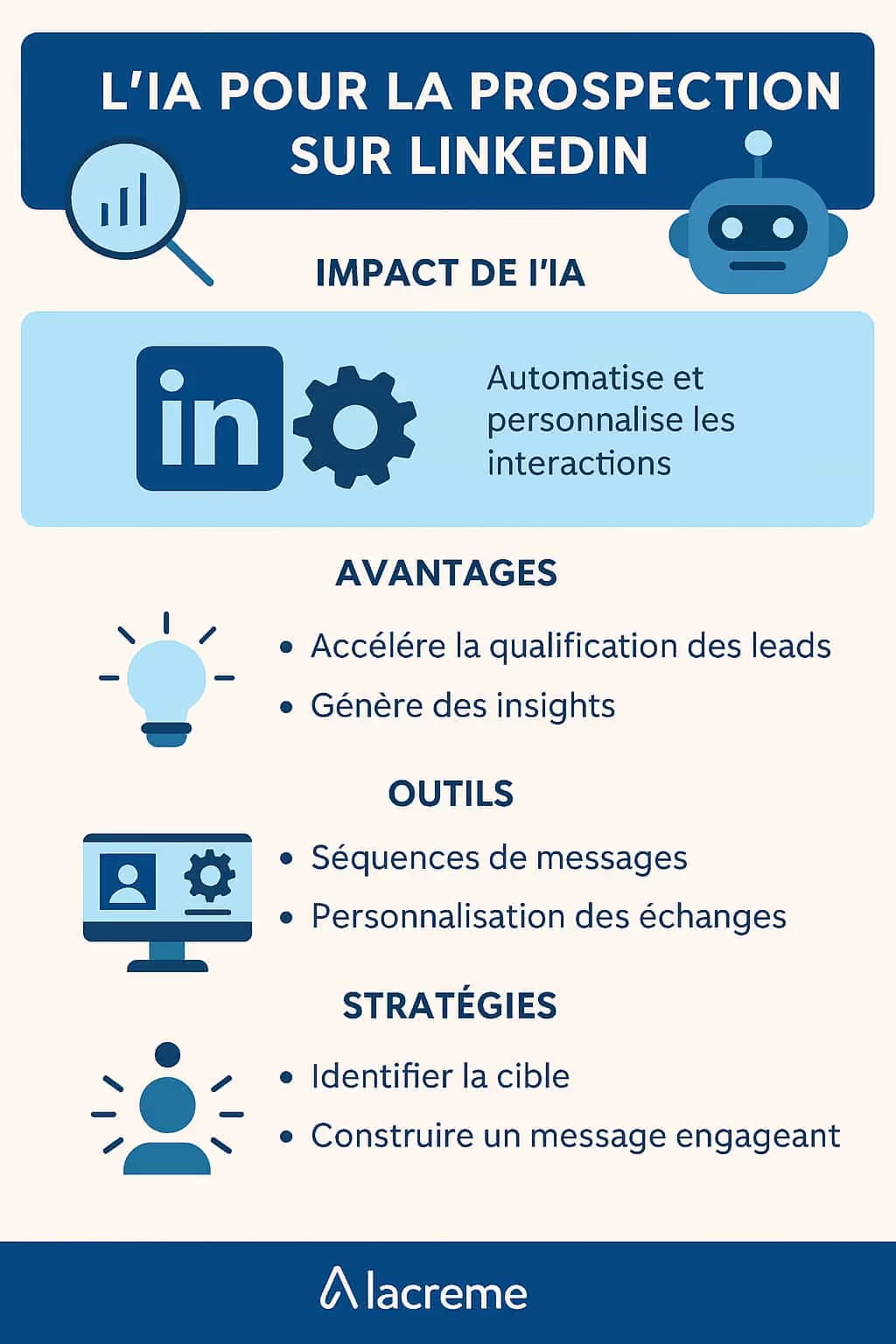Both in the medical and technological fields,artificial intelligence (IA) represents a major development, especially in improving the quality of care in private clinics. Its applications and potential are vast, ranging from diagnostic optimization to improved management of patient treatments, marking a new era for private clinics.
The Fundamentals of Artificial Intelligence in Clinical Environments
The impact of AI on healthcare: understanding the basics
The advent of AI in the clinical environment is leading to an upheaval in traditional practices. It allows the analysis of complex medical data at unparalleled speed and precision. This tool is all the more crucial in a clinical context where time and precision are essential for therapeutic decision making. Its applications range from the processing of patient data in real time to the creation of personalized care protocols.
Existing AI systems: an overview of existing technologies
The AI technologies deployed in private clinics include machine learning systems, Chatbots for patient communication, predictive algorithms for risk analysis, and much more. These tools help make care processes more efficient, reducing medical errors and improving patient outcomes.
Diagnostic Optimization thanks to AI
How AI is revolutionizing medical diagnostics
AI solutions are particularly effective in medical imaging analysis, such as X-rays, MRIs or scanners. With image recognition, AI can detect abnormalities that the human eye might not notice. It thus assists doctors in establishing early and accurate diagnoses, which is decisive in the management of diseases.
Case studies: Examples of applications in private clinics
Several private clinics around the world are already using AI to diagnose pathologies such as cancers, cardiovascular diseases or neurological conditions. For example, some AI solutions, based on databases of millions of medical images, can detect early signs of diabetic retinopathy, significantly improving ophthalmic care.
Telemedicine and Remote Monitoring: The Contribution of AI
AI-assisted telemedicine: preventive and reactive medicine
Telemedicine, reinforced by AI, offers patients in private clinics effective and personalized remote care. AI technologies, integrated into telemedicine platforms, analyze health data continuously, allowing rapid reaction in the event of anomalies and better management of chronic diseases.
Patient monitoring devices and the contribution of AI
Wearables and other connected devices collect vital data such as heart rate or blood sugar and then send it to AI platforms for analysis. These technologies allow for real-time monitoring and can alert medical personnel when an intervention is needed, increasing safety and peace of mind for patients.
Pharmaceutical Innovation: AI in Drug Research
Accelerating research thanks to artificial intelligence
AI is radically transforming the pharmaceutical research by accelerating the discovery of new drugs and by optimizing clinical trials. AI algorithms are capable of simulating and analyzing millions of molecular combinations in record time, thus making it possible to predict the potential effectiveness and toxicity of new molecules.
From theorization to marketing: the key role of AI
From identifying new therapeutic targets to customizing treatments, AI facilitates every step of drug creation. This efficiency translates into a reduction in costs and time to market, which is beneficial for both private clinics and patients.
Ethical and Legal Issues of AI in the Health Sector
Data security and privacy: the implications of AI
As AI promotes more personalized and accurate medicine, it raises important questions about data security of health. Private clinics must therefore ensure compliance with current regulations, such as the GDPR in Europe, in order to protect the confidentiality of their patients' information.
Regulation and legal framework for the use of AI in the clinic
The establishment of a legal framework specific to the use of AI in a clinical environment is essential to frame practices and protect the interests of patients. This includes the development of standards for the validation of AI software and liability in case of failure. Regulations must therefore evolve in concert with technological innovations to ensure a secure and ethical application. In conclusion, the integration of AI in private clinics represents a giant step forward for personalized and predictive medicine. However, despite its promises, it must be implemented with care and responsibility, taking into account the ethical implications and legal aspects of this pioneering technology.






